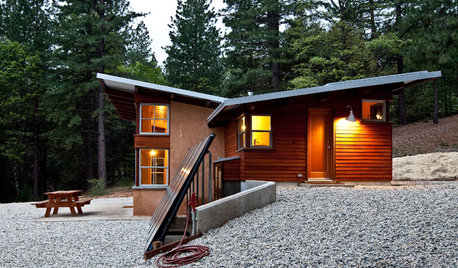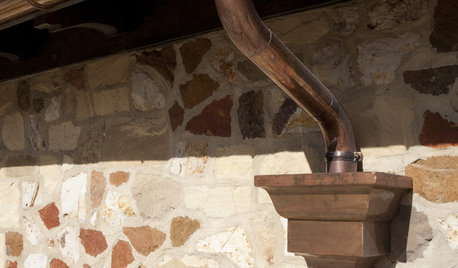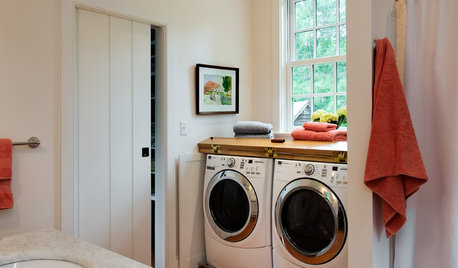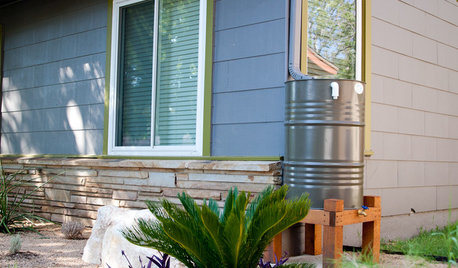Water in cold water heater????
loves2read
6 years ago
last modified: 6 years ago
Featured Answer
Sort by:Oldest
Comments (19)
Jake The Wonderdog
6 years agoRelated Professionals
Normal Kitchen & Bathroom Remodelers · Citrus Park Kitchen & Bathroom Remodelers · Andover Kitchen & Bathroom Remodelers · Camarillo Kitchen & Bathroom Remodelers · Cocoa Beach Kitchen & Bathroom Remodelers · Las Vegas Kitchen & Bathroom Remodelers · Mooresville Kitchen & Bathroom Remodelers · Pinellas Park Kitchen & Bathroom Remodelers · Richland Kitchen & Bathroom Remodelers · San Juan Capistrano Kitchen & Bathroom Remodelers · Schiller Park Kitchen & Bathroom Remodelers · Spokane Kitchen & Bathroom Remodelers · North Chicago Kitchen & Bathroom Remodelers · Sharonville Kitchen & Bathroom Remodelers · Eufaula Kitchen & Bathroom Remodelersroof35
6 years agolast modified: 6 years agoJake The Wonderdog
6 years agoroof35
6 years agoJake The Wonderdog
6 years agotrickyputt
6 years agoroof35
6 years agoJake The Wonderdog
6 years agoroof35
6 years agoUser
6 years agooneandonlybobjones
6 years agodadoes
6 years agorwiegand
6 years agoJake The Wonderdog
6 years agolast modified: 6 years agooneandonlybobjones
6 years agolast modified: 6 years agoVith
6 years agolast modified: 6 years agoMilly Rey
6 years agolast modified: 6 years agoVith
6 years agolast modified: 6 years ago
Related Stories

GARDENING GUIDESGreat Design Plant: Anemone Canadensis Adds Pizzazz to Water’s Edges
Plant Canadian anemone along pond, lake or stream edges for a splash of white flowers in late spring
Full Story
GREAT HOME PROJECTSHow to Switch to a Tankless Water Heater
New project for a new year: Swap your conventional heater for an energy-saving model — and don’t be fooled by misinformation
Full Story
GREAT HOME PROJECTSHow to Add a Solar Water Heater
Lower energy bills without a major renovation by putting the sun to work heating your home’s water
Full Story
GARDENING GUIDES6 Lovely Water-Wise Perennials for High Altitudes
Even if your climate is cold and dry, you can still celebrate spring with these hardy and colorful perennials
Full Story
HOUSEKEEPINGProtect Your House From Winter Water Damage
Avoid costly repairs by learning to spot potential problem areas before water damage is done
Full Story
BATHROOM DESIGNWater Damage Spawns a Space-Saving Bathroom Remodel
A game of inches saved this small New York City bathroom from becoming too cramped and limited
Full Story
GREEN BUILDINGWater Sense for Big Savings
Keep dollars in your pocket and preserve a precious resource with these easy DIY strategies
Full Story
SAVING WATER11 Ways to Save Water at Home
Whether you live in a drought-stricken area or just want to help preserve a precious resource, here are things you can do to use less water
Full Story
GREEN DECORATINGEasy Green: Big and Small Ways to Be More Water-Wise at Home
These 20 tips can help us all make the best use of a precious resource. How do you save water in summer?
Full Story
HEALTHY HOMEHow to Choose a Home Water Filtering System
Learn which water purification method is best for your house, from pitchers to whole-house setups
Full Story






Bruce in Northern Virginia